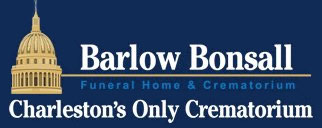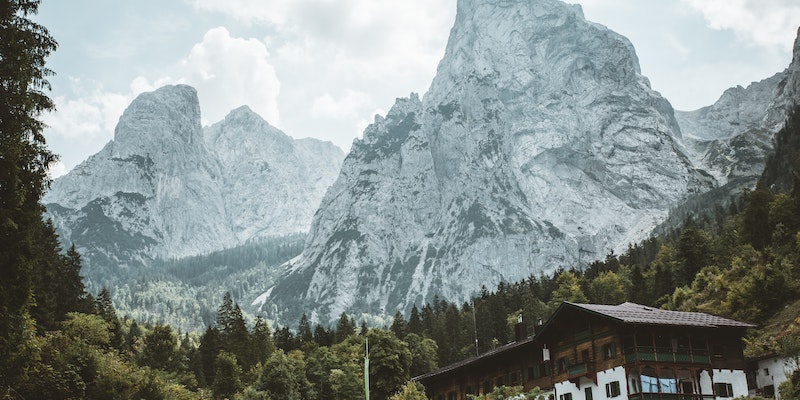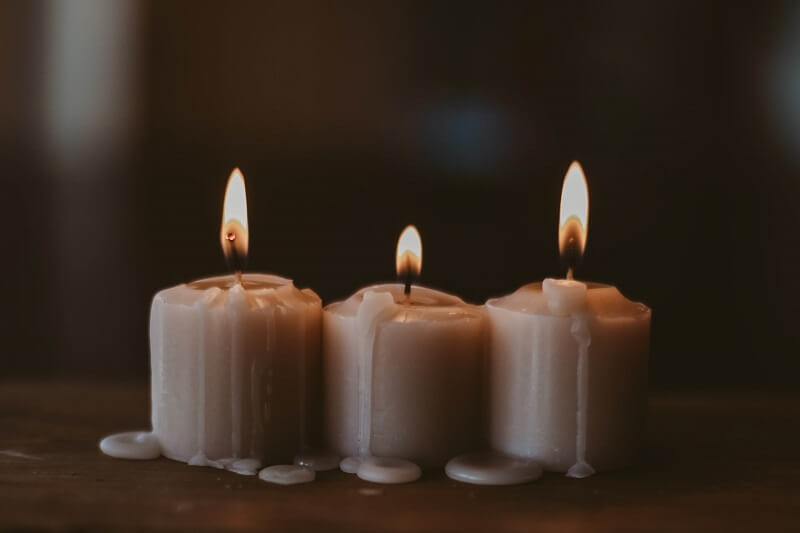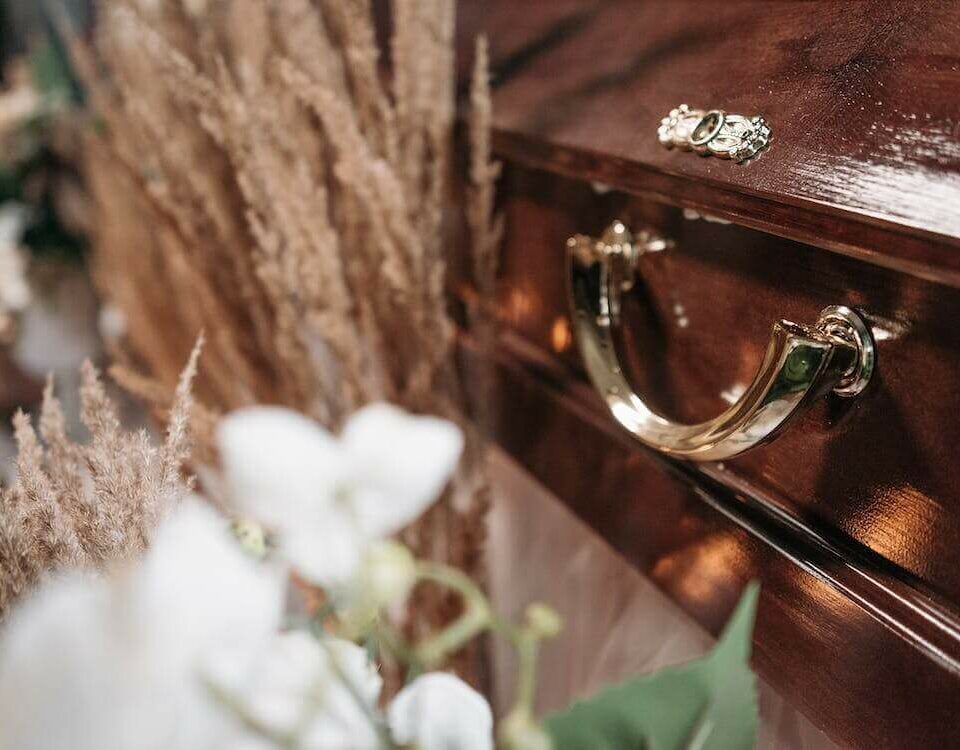- Immediate Need
- (304) 342-8135
- (800) 423-0648
- info@barlowbonsall.com
Exploring Options: Funeral vs. Cremation
The end of life is a journey we will eventually face, and how we lay our loved ones to rest is a profoundly personal decision. The two most common methods, funerals and cremation services in Dunbar, WV, have unique attributes, traditions, and associated values. Understanding these options can help make an informed choice during this challenging time.
A traditional funeral service typically involves:
- A viewing or visitation.
- A formal funeral service.
- A hearse transported the body to the funeral site.
- Burial in a cemetery.
This provides an opportunity for family & friends to gather, pay their respects, and comfort one another. Funerals offer a structured format for expressing grief and acknowledging the loss, often providing solace and closure to the bereaved.
However, funerals can also be expensive. Expenses can include embalming, a casket, a cemetery plot, a headstone, and the professional services of a funeral director. These rates can quickly add up depending on personal preferences and local prices.
On the other hand, cremation offers a less traditional and often more budget-friendly option. The process involves reducing the deceased’s body to ashes, typically returned to the family in an urn. This provides the flexibility for families to decide how to honor their loved ones best. The ashes can be kept, spread in a particular location, or interred in a cremation niche or plot.
In many cultures, cremation can be a part of the ceremonial rites, while in others, a memorial service may follow the cremation. This service can be similar to a funeral but without the body present. There’s an increase in the number of people choosing cremation due to its simplicity, lower rate, and the opportunity it supports personalized memorial services.
When comparing the two options, there are other factors to consider, such as religious or cultural beliefs, environmental impact, and personal preferences. Many religions have specific guidelines about end-of-life rituals, which can heavily influence the decision. For instance, some religious traditions discourage cremation, while others mandate it.
From an environmental perspective, both options have their drawbacks. Traditional burial consumes land and involves using materials that may not be biodegradable. On the other hand, cremation requires energy and results in the release of carbon emissions. However, newer options like green burials and bio-cremation are becoming available, offering more environmentally friendly alternatives.
Ultimately, the choice between a funeral and cremation is deeply personal, influenced by various factors such as personal beliefs, cultural traditions, financial circumstances, and the deceased’s wishes. It’s essential to have open & honest discussions about these preferences ahead of time, if possible, to ensure that the chosen method aligns with the values and desires of both the deceased and their loved ones.
In conclusion, funerals and cremations offer ways to honor and remember the departed, each offering advantages and considerations. By exploring these options thoroughly, families can make a choice that brings them peace and keeps the memory of their loved ones in a way that is meaningful and comforting. Eager to learn more about our services? Reach out and let us guide you through the process.at Sproles Family Funeral Home, we’re here to help with cremation services in Mount Summit, IN




